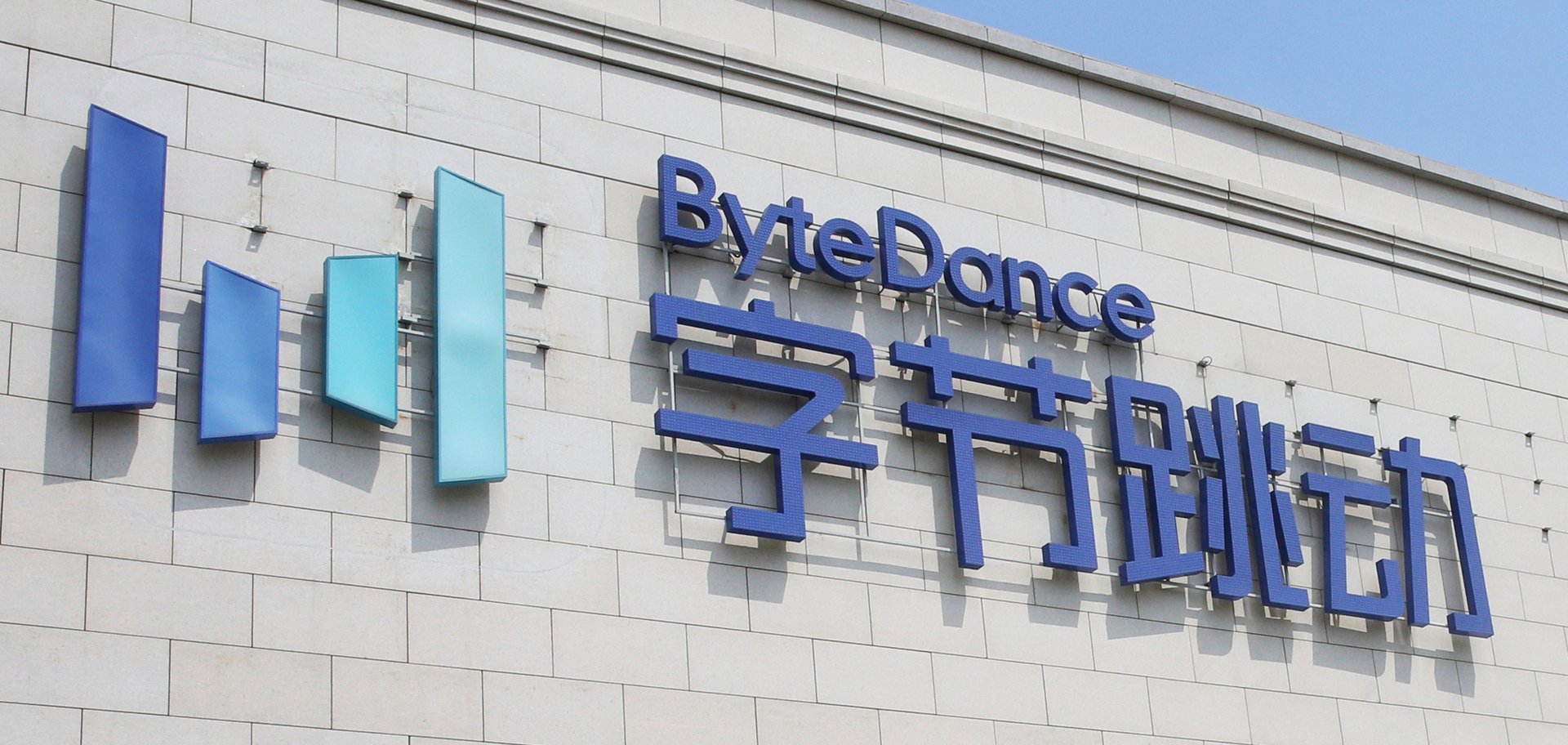TikTok's owner wants to design its own AI chips
ByteDance is reportedly expecting to mass produce two chips it designed with Taiwan Semiconductor Manufacturing Company by 2026

As China advances its artificial intelligence industry — much to the frustration of the U.S. — competition is brewing between its homegrown AI developers. Now, one is reportedly working on its own chips with a major chipmaker.
Suggested Reading
ByteDance has designed two chips with Taiwan Semiconductor Manufacturing Company (TSM) that it plans to mass produce by 2026, The Information reported, citing unnamed people familiar with the matter. By producing its own chips, the company could become less dependent on Nvidia’s (NVDA) pricey graphics processing units, or GPUs, which are subject to U.S. export controls, people told The Information.
Related Content
Neither ByteDance nor TSMC immediately responded to Quartz’s request for comment.
Last August, ByteDance released its AI-powered chatbot, Doubao, which has proven to be a tough rival to Baidu’s (BIDU) Ernie Bot — considered China’s version of OpenAI’s ChatGPT, which is not allowed in the country. In China, Doubao passed Ernie Bot in downloads last year, and had more active monthly users on iOS, Bloomberg reported. ByteDance launched a series of Doubao large language models (LLMs) for enterprises in May, which cost less than models from rivals who have had to cut prices by up to 97% amid rising competition, according to The Information.
The TikTok owner has reportedly placed orders for over 200,000 of Nvidia’s H20 chips — one of three specifically designed to comply with U.S. export controls. The company is still waiting for the over $2 billion order, The Information reported. However, ByteDance now plans to order chips for training and inferencing from TSMC, which would save it billions of dollars, The Information estimated, adding that the chips are still being designed and plans are not finalized.
Meanwhile, Baidu has reportedly designed its own AI chip, the Kunlun 3, which will soon start manufacturing at TSMC, a person told The Information. Earlier this month the U.S. released its latest set of export controls on critical technologies as it steps up its efforts to curb China’s technological advances. Chinese companies’ ability to work with TSMC depends on compliance with the controls, which are updated annually.
